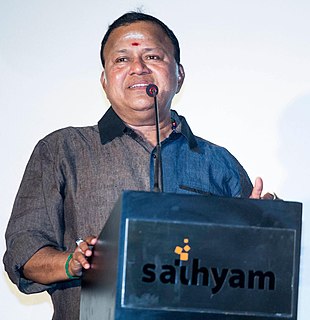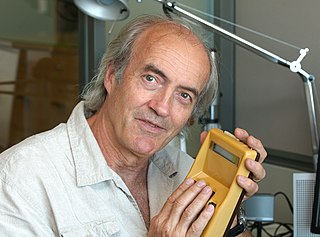A Quote by Neil Diamond
Crackling Rosie make me smile. God, if it lasts for an hour that's alright, to set the world right. Find us a dream that don't ask no questions.
Related Quotes
When people ask me what philosophy is, I say philosophy is what you do when
you don't know what the right questions are yet. Once you get the questions
right, then you go answer them, and that's typically not philosophy, that's
one science or another. Anywhere in life where you find that people aren't
quite sure what the right questions to ask are, what they're doing, then,
is philosophy.
When a director narrates a character, I find it normal to ask questions about the character's background, mood swings, eccentricities, behaviour... I do this to make my performance relatable. Directors who don't know their characters well find it difficult to answer these questions and, hence, find me annoying.
By entering through faith into what God has always wanted to do for us - set us right with him, make us fit for him - we have it all together with God because of our Master Jesus. And that's not all: We throw open our doors to God and discover at the same moment that he has already thrown open his door to us. We find ourselves standing where we always hoped we might stand - out in the wide open spaces of God's grace and glory, standing tall and shouting our praise.
The great Norwegian playwright, Henrik Ibsen, wrote, "One of these days, the younger generation will come knocking at my door." The future is knocking at our door right now. Make no mistake, the next generation will ask us one of two questions. Either they will ask: "What were you thinking; why didn't you act?" Or they will ask instead: "How did you find the moral courage to rise and successfully resolve a crisis that so many said was impossible to solve?
Many of the questions we ask God can't be answered directly, not because God doesn't know the answers but because our questions don't make sense. As C.S. Lewis once pointed out, many of our questions are, from God's point of view, rather like someone asking, "Is yellow square or round?" or "How many hours are there is a mile?
To me, one of the most profound questions we can ask is: "So what?" And so what if there's an indefinite number of worlds with alternate "us-es" in them? The "so what," to me, comes alive when I ask myself: "What if I could find a way to get in touch with those alternate mes who made those choices?" That is, persons who, if I saw them now, I wouldn't even recognize because their choices, once small, have multiplied to make them such different people.




































